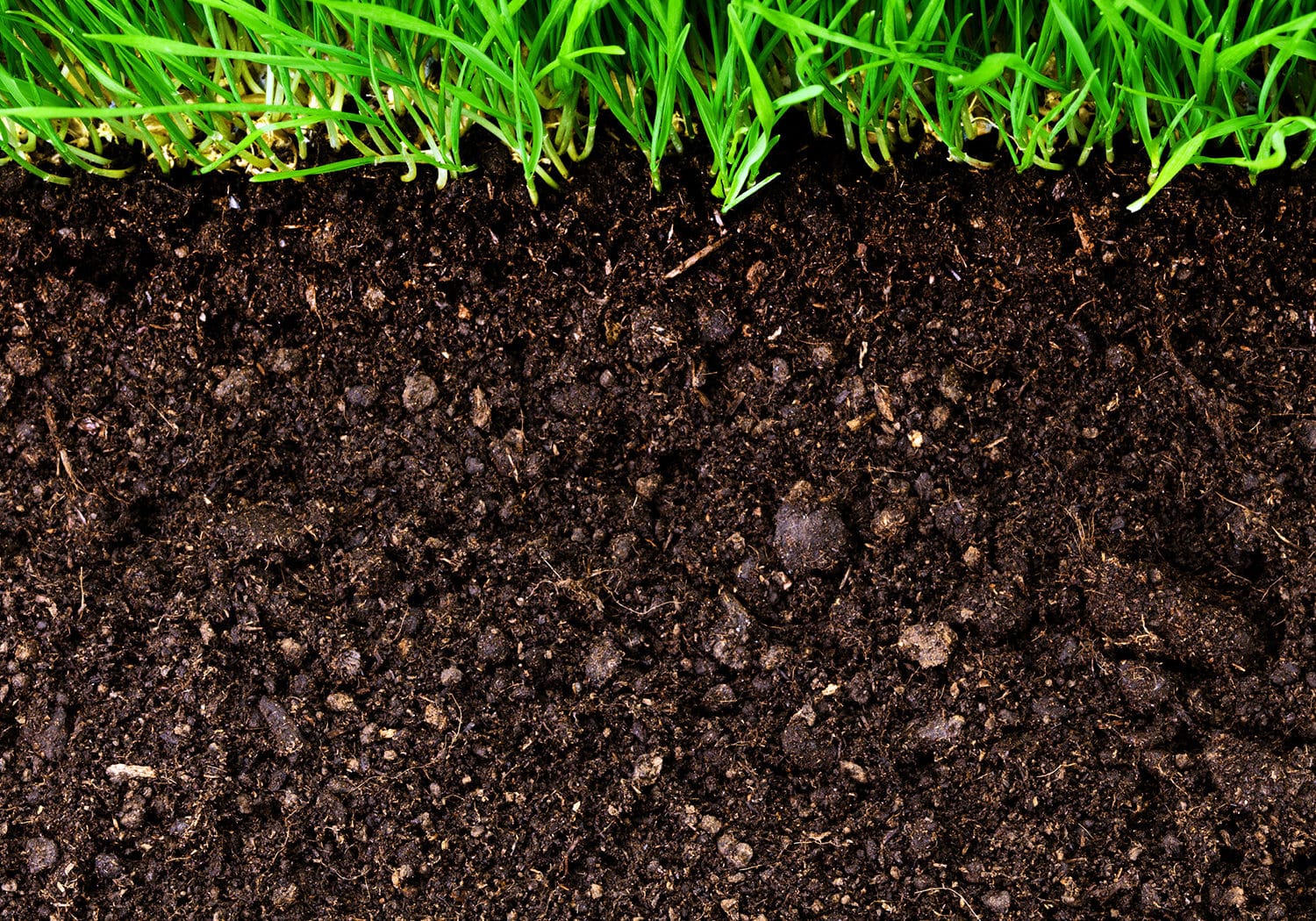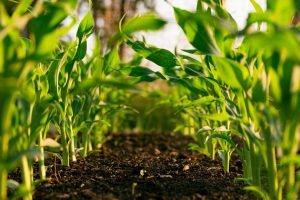You’ve read about the benefits of carbon that it’s good for the atmosphere, that it sequesters carbon dioxide from our atmosphere and prevents it from being released in future. But what about soil? Although most of us know that the roots of plants depend on the soil for nutrients for their growth, do we really understand the role soil plays in providing our plants with the necessary materials they need to grow?
Carbon in the soil is a vital resource for farmers, who should consider optimizing organic carbon resources in their soil. Soils with lower organic carbon have less of a supply of nutrients and often do not perform well on the farm. In many places around the world, soil is depleted of its organic carbon because of overuse and improper farming practices.
Soil organic carbon functions as a storage medium. This storage acts as a tool to manipulate the climate, protecting us from global warming and contributing to the nitrogen food cycle. Soil organic carbon improves soil fertility, water retention and nutrient cycling. Organic matter can be recycled in the soil where it is decomposed by microbes.
Organic Carbon is an important soil component required for plant growth and helps to maintain soil structure and facilitate nutrient cycling. Decreasing inputs of fresh organic material to soils due to human activity, particularly agriculture, has led to low levels of organic matter in agricultural soils over the last 100 years. This reduction in soil organic matter content may be contributing to global climate change as a result of the elevated carbon dioxide concentration in our atmosphere.
Knowing the importance of soil organic carbon to agriculture, food security and climate change, it is essential to sustainably manage soils and improve agricultural productivity while also retaining soil organic carbon. There are a few main management approaches including reducing fertilizer leaching, increasing crop residue inputs, improving soil biological activity, changing land use type and enhancing soil management methods such as no-till.



